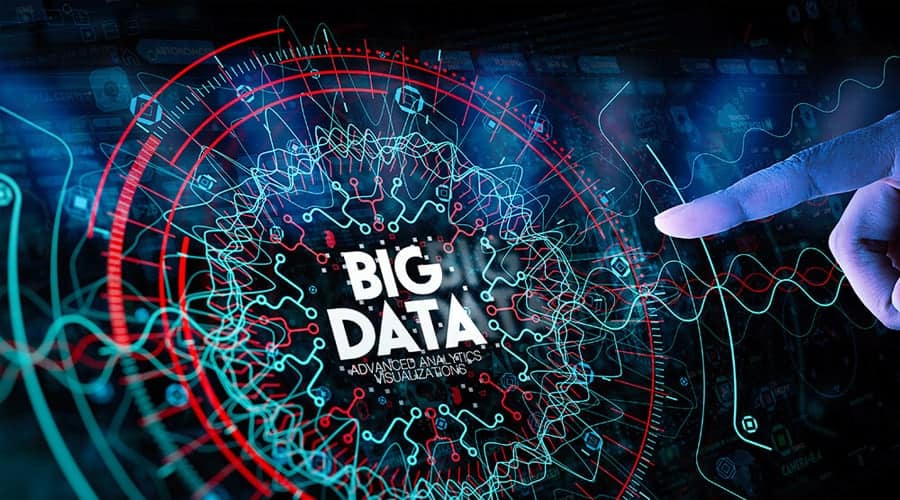
In the last few years you have surely heard or read something about Big Data, a term that is becoming more and more known. But do you know what it refers to?
Don't worry, because we tell you what Big Data is and what is its importance. So read on and get ready to expand your knowledge.
What is Big Data
Big Data refers to the massive and complex set of data that is generated and transmitted in a fast way from different sources.
And it is characterized by these pillars: volume, speed, variety, truthfulness and value.
Today Big Data is used in areas as diverse as medicine, agriculture, ecommerce, social networks and environmental protection..
And also in an almost infinite number of applications such as GPS systems, streaming subscription TV channels, smartwatches and humidity sensors.
The concept of Big Data has evolved over the years. As technology advanced and more and more information was generated, the need arose to find efficient ways to manage and analyze this data.
That is why more and more companies and organizations are using Big Data to make informed decisions and improve their processes..
In addition, the advent of IoT has also contributed to Big Data, as more devices connected to the Internet generate new data on usage patterns.
Why Big Data is important
Big Data can increase business operations, offer a more personalized service to customers, improve marketing campaigns, and, in general, contribute to more efficient decision making.
When a company, regardless of its industry, knows how to use its data, it gains a competitive advantage over those that do not, which facilitates its growth and market share.

How Big Data is used
Big Data is a powerful tool that has revolutionized the way companies operate..
To use Big Data, you must first collect data from various sources, such as social networks, sensors and mobile devices.
This data is then processed and analyzed to gain valuable insights into consumer trends, product performance and operational efficiency.
Benefits of Big Data
Some advantages of using Big Data are:
- Informed decision making.
- Process optimization.
- Personalization of products and services.
- Fraud detection.
- Time and cost savings.
- Innovation and development of new products or services.
Types of Big Data
Big Data is classified into different types according to the structure and volume of the data.
Next, we will explore two main categories of Big Data:
Structured and unstructured Big Data:
Structured data is information organized in tables and databases with defined fields and rows.
These data are easy to process and analyze, as they have a predefined format.
While unstructured data is information without a specific format, such as emails, images, videos or social networks.
These data are more challenging to analyze due to their lack of structure and require specialized tools for processing.
Large volumes of data
Big Data is characterized by the enormous amount of data being generatedknown as big data.
This data comes from a variety of sources, including social networks, IoT sensors, online transactions, facial recognition, electronic health records and search engine search information.
The large volumes of data present challenges in terms of storage, processing and analysis due to their magnitude. To address these challenges, innovative technologies and solutions are required to efficiently handle these immense amounts of information.
Big Data Applications
One of the main applications of advanced data analysis is the study of consumption patterns, with social networks being the tools used by brands to learn more about their consumers and connect with them.
In conclusion, Big Data is a constantly evolving field, and is expected to continue to grow and develop in the future.
Hence, some emerging trends such as the Internet of Things, artificial intelligence and machine learning include Big Data to further enhance the ability to analyze and make the most of the data collected.
Big Data is also expected to expand into new sectors and application areas.
The possibilities are endless and technological advances will continue to drive innovation and the generation of knowledge from data.
Tell us, do you already apply Big Data in your business?
